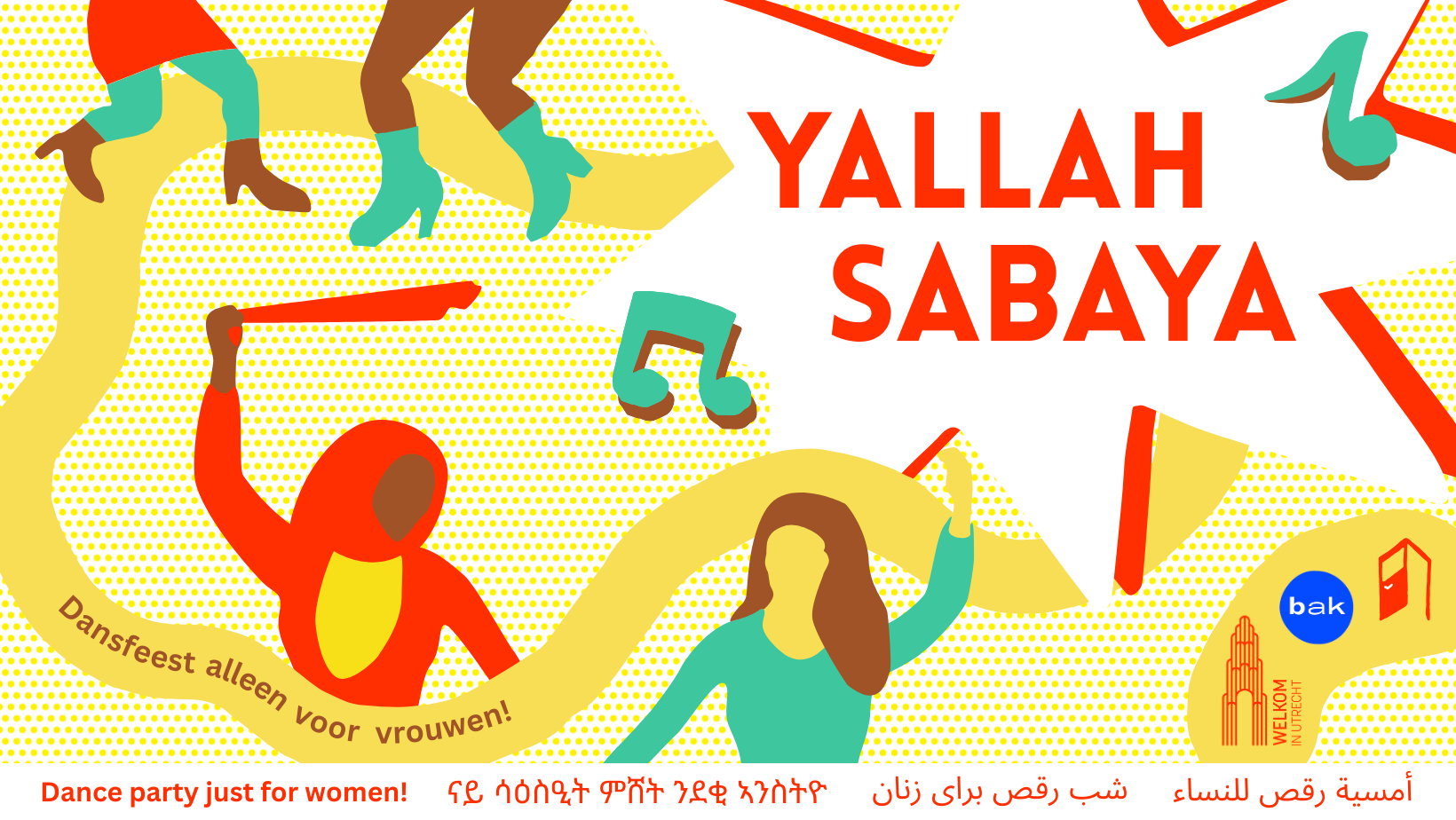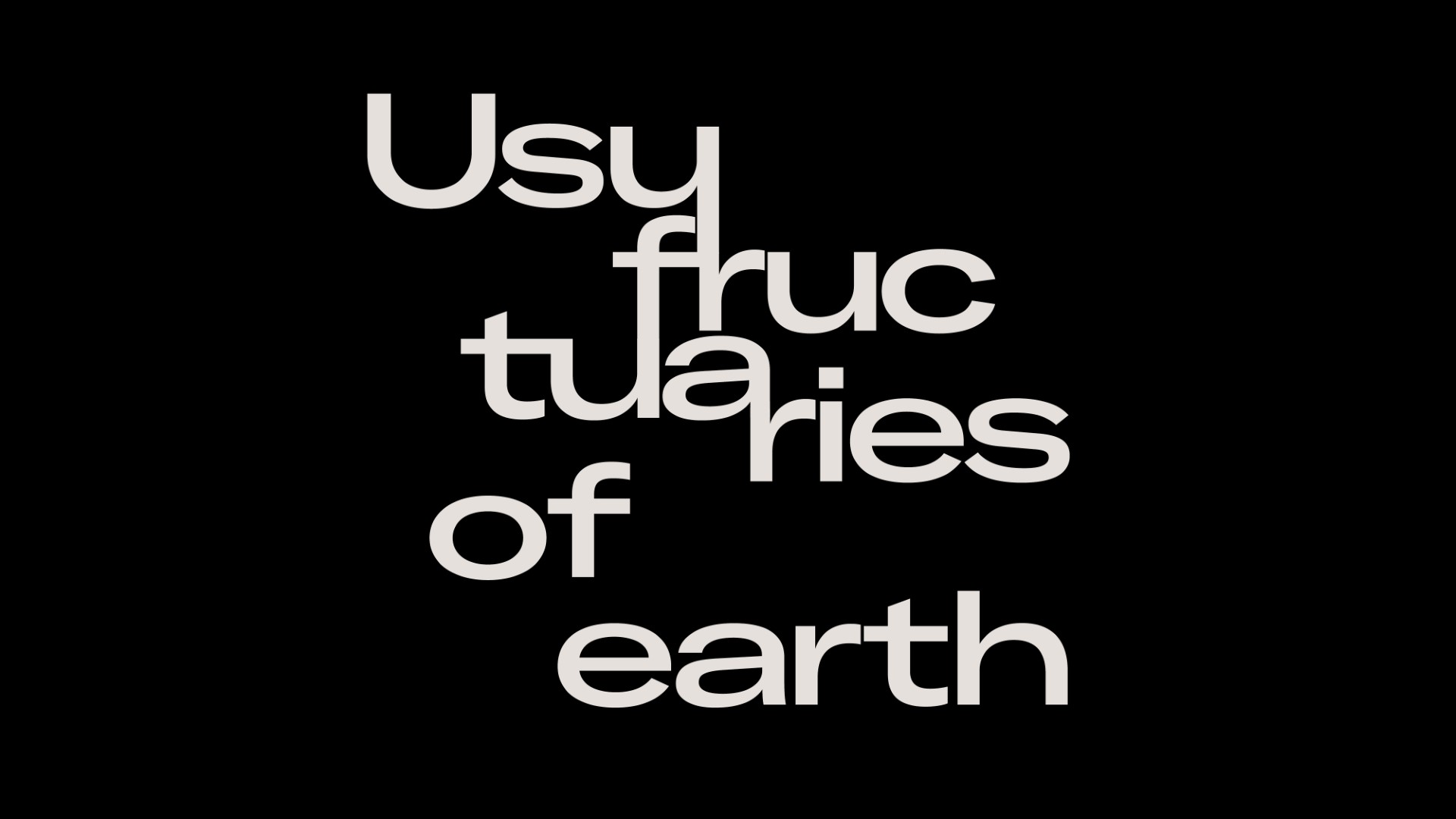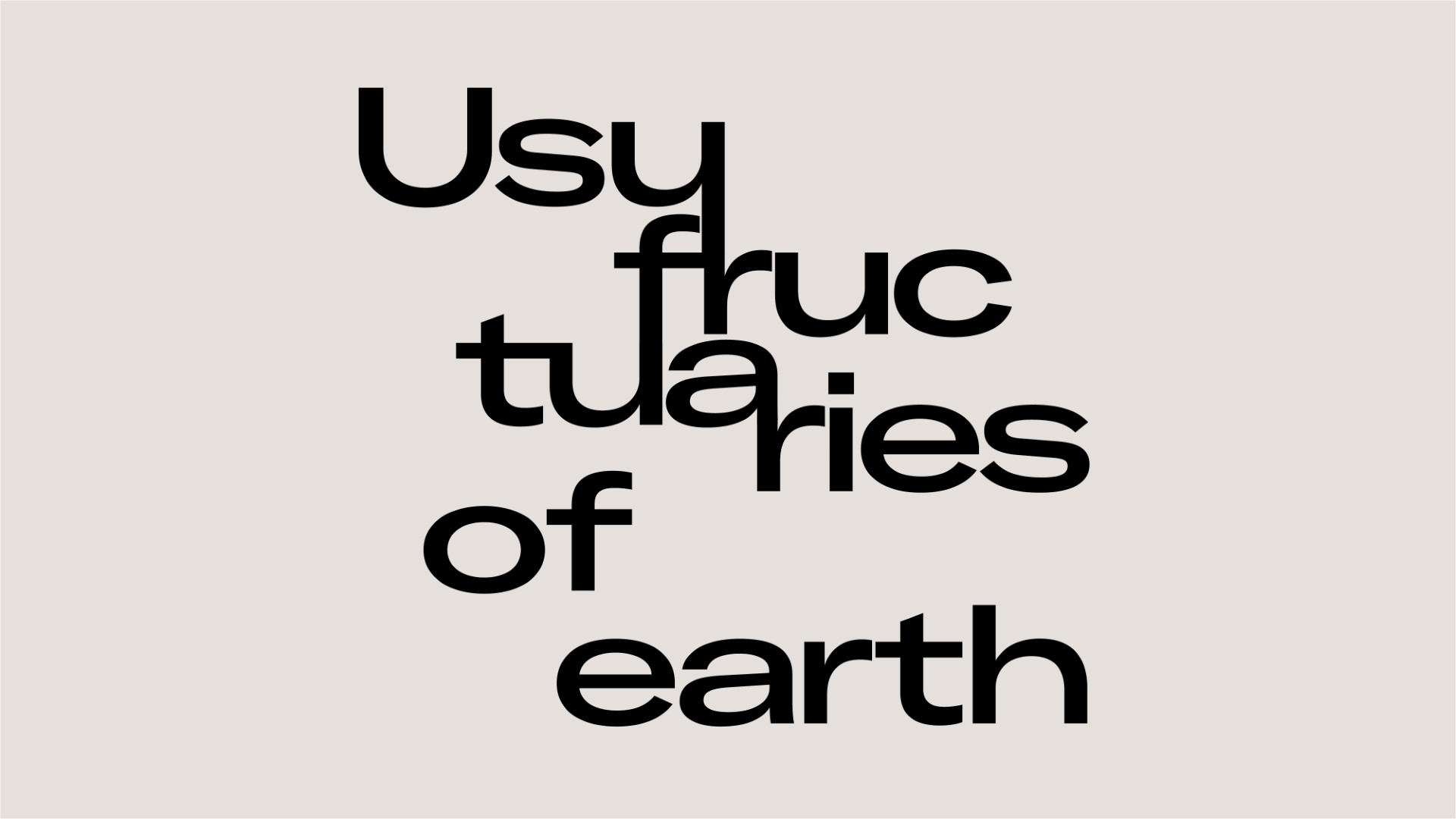On Documenting (truth and politics)
“I’ve been told that it’s a documentary, but I don’t know the meaning of that word,” Godard once said talking about one of his “documentary-like” films. This seemingly simple remark touches upon the complexity of documentary approaches in visual arts production. One is faced above all with a paradoxical situation: while we are accustomed to the post-structural denouncement of truth, we also observe the increasing tendency of adopting documentary methods in contemporary arts—“documentarism.” Further, given that the definition of documentary is “presenting facts objectively without editorializing or inserting fictional matter,” the use of documentary elements in the arts is unavoidably problematized in terms of its subjective and rhetorical manner. It is in this context that the complexity arises: Is the word “document” valid any longer in its practical usage? Why “documentation” instead of “staging?” What kind of knowledge does art produce by way of documentary approaches if not facts or truth? If it doesn’t pretend to be objective, how does art deal with the given or found documents? What kind of effects does it achieve? And crucially, does this kind of production involve any political responsibility? Particularly with regard to the subject of war, cultural critic Boris Buden, filmmaker and theoretician Hito Steyerl, and artist Renzo Martens present diverse examples of the use of documents-including their own practices—and critically interpret these questions.



